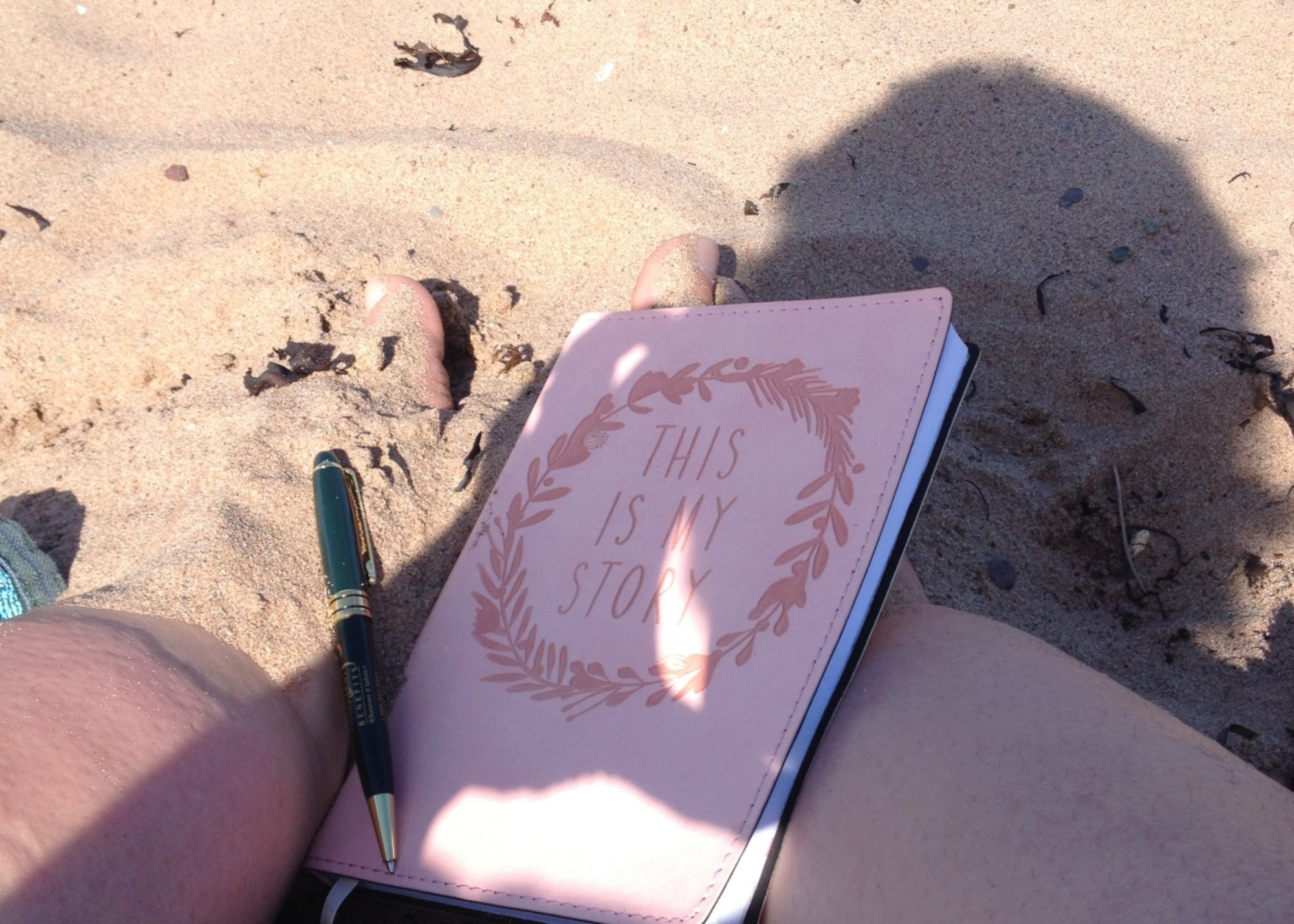Strong editing is the unseen force behind good writing. The art and science of pruning superfluous words and sentences, replacing OK words with razor-sharp choices, fixing typos and realigning misplaced commas are vital to a good reading experience. It’s also necessary for the writing experience. Cluttered writing will diffuse and dilute your intent as author. Back up a step, and a cluttered inner space – thoughts, beliefs, choices, for example – will strangle your words to the point that they emerge compressed, stripped of meaning or worse, not at all, stuck in the conduit and pushing back against everyone and everything seeking to move.
What clutters your inner space? That only you can answer. I can share a bit of what clutters mine, and what in this moment I am choosing to release.
Ah, childhood … on one end that glowing repository of rosy memories, on the other the shit show that was trying to navigate a crazy condemning world when you’re three feet tall. Childhood memories are the deepest of the clutter, held dear in honour of our ancestors despite the effects on our mind and body. To be clear, I believe all parents give us what they can. In some cases, it may not look like much, but in all cases, they gave us life. As children, we were shaped by those who raised us and the world they were tasked to ‘prepare us for.’ As adults, we have choice, and we can choose what we carry and what we keep. As writers, that choice affects our words.
I love my parents deeply, and love my life with them in it. My way of honouring them is to honour me, reclaiming and being fully mySelf. And I take a step today by clearing the clutter of words getting in the way.
Here, for your viewing and reflecting pleasure, are the five phrases from childhood I choose to release. Feel free to sing along if the tune is familiar.
- “Don’t be selfish.”
I heard this from everyone – parents, teachers, ministers … all about valuing service above self. Yes, we are called to community and it is healthy to connect, share, help others. But we were only given half the story – give give give but never receive receive receive. How can we keep giving if there is no nourishment or replenishment? How can we be present for others if we are not present to ourselves first? Generations past were too busy scraping for survival to heed inner health or spiritual, emotional and mental welfare. We know different now. Writers, in fact, have always known different. Time to live it for ourselves. - “Leave some for someone else.“To take the last sandwich, cookie, seat, whatever, was shameful especially to the parent of a child who dared give in to their own desire and feed themselves. It wasn’t about being hungry or in need: it was about choice, and about denying yourself when knowing in your body that choice is right for you because it is unpopular with others. Then it was the cookie, today it could be making time for your writing when there six other things seeking your attention. Don’t leave it for someone else to decide. Engage and choose.
- “Don’t make a spectacle of yourself.”
In my world, this meant don’t command attention. Don’t laugh too loudly or make the adults laugh, don’t ask so many questions, don’t plunge into a conversation, don’t ask for what you want … wait to be offered or invited. So I waited, and spent a large part of my life watching others have fun as I stood on the sidelines waiting for my invitation. I made a career as a writer for hire because the invitations are constant and clear – deadlines, specs and payment all presented for me to accept, step in and deliver. Writing for myself so far has been six years of silence, tantrums and diversions as I attempt to step in without someone else giving permission. In front of my own manuscript, my own life, I become both parent and child, keeping me locked in a pattern that, in my advancing years, serves absolutely no one, especially me. Writers write to be seen and heard. Good writers expand the worlds of others by connecting and sharing the expansive visions they themselves allow and create. That’s who I am, that’s who you are, if you choose the spectacle over silence. - “Stay in there until you know how to behave.”
In my childhood, ‘there’ was my room. I was far luckier than children who faced much more dire punishment. My room was full of books and toys and a stunning view of the pine trees in the forest surrounding our home. It was easy for me to forget that I was there for punishment. The problem with this for me is that I knew how to behave. What I didn’t know was the invisible rule of how I was supposed to behave, in other words, don’t be myself. Decades later, I still send myself to my proverbial room when I fear being mySelf will be contrary to what I should do … and when I’m in my room, I do not write. I sit and wonder why I’m there, yet since I’m not supposed to ask too many questions, won’t allow myself the question or the answer. See how the clutter builds up? - “Think about what you’re doing/what you’ve done.”
The last thing a writer needs to do is think. We are in a world created on intellectual control. Schools, governments, religions all feed our intellects with right and wrong, good and bad, all the while disconnecting us from our bodies and the emotional energy that feeds it. Our soul/spirit/Signal? Completely dismissed. Fat and entitled, our intellects come to believe they run the show, and thinking about anything keeps the bloated cycle going. We need to think less and rely on our instincts, our intuition, the innate knowledge with which we were born. Writers tap this with their streams of consciousness attached to words. Thinking turns off the tap.
In the course of writing this, my breathing has deepened and slowed, my ears have popped and my body feels lighter. Plus, outside my window, the sun has emerged, a gray morning now gold. Clearing the clutter allows joy to percolate the doubt that we writers carry like oversized baggage – mind and body aching but afraid to let go of something we might need. These phrases I’ve shared I no longer need. I breathe into the space, allowing what else may come.
There will be more decluttering to come, that I know. There will also be reclamation, taking back some of these decluttered words and repurposing them with what’s meaningful to me today. But like clearing out the closet, i need to unpack first before I can sort and mindfully choose.
Thanks for reading and stay tuned for Part 2.
Have an awesomely wordy day.


As I read this I felt my heart beat more steadily, my breathe match its rhythm and my mind let go of a lot of angst to embrace more understanding of you, Jennifer, as the writer, and of me as the reader and as a writer.
Thank you for letting go of you so you find your treasure and speak your truth, reflecting your brightness on otherwise shadowy existences.
You are truly a great light!